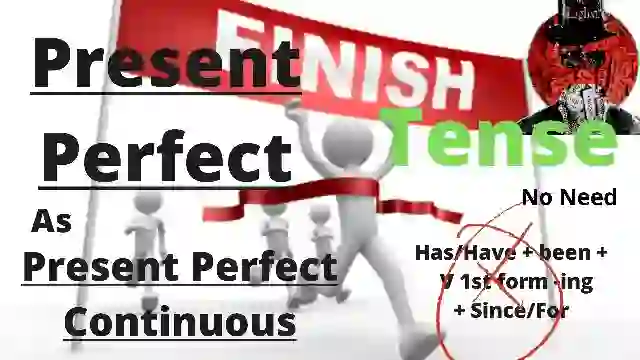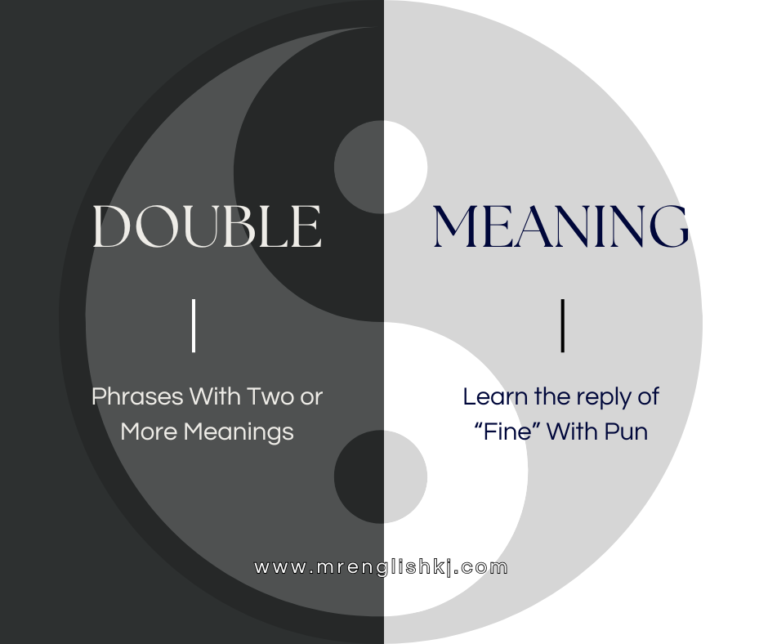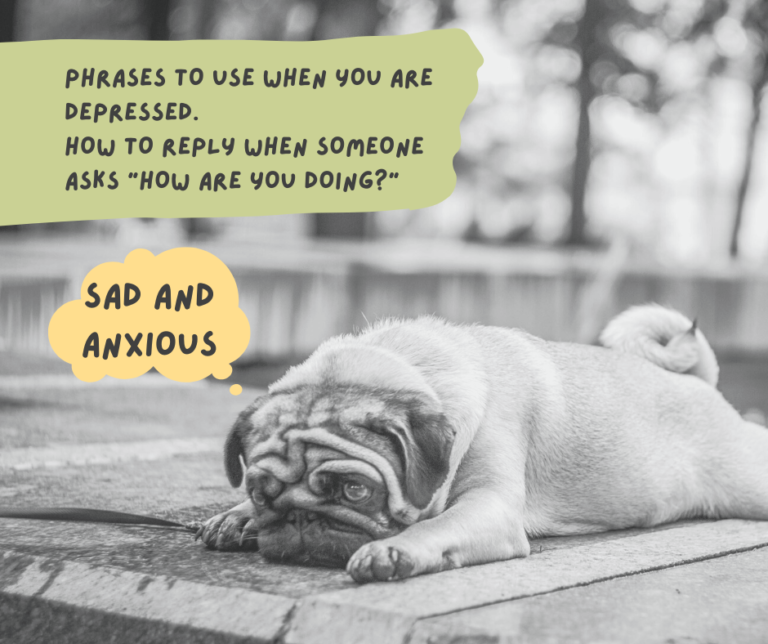
present perfect tense
Ways To Use Present Perfect Tense: Simple Definition, Rules, Examples, & Unexpected Concept (2026)
The Present Perfect Tense is one of the most powerful and commonly used tenses in English. We use it to talk about recent actions, life experiences, and results that affect the present moment. This guide explains everything in simple steps so you understand fast, remember easily, and speak confidently.
Table of Contents
When the work has recently finished, we call it Present Perfect Tense. We also use Present Perfect Tense with since or for. It also works as Present Perfect Continuous, but first, let’s understand Present Perfect.
KJ – What is the definition of Present Perfect?
Mr English – Present Perfect Tense! The work has finished.
KJ – Ummmm! The definition is based on its name.
What is ‘Perfect!’ = Any action or event that we have already experienced. We get the experience and knowledge after we have finished that action or event.
How to get it! = When an action is completed, you gain knowledge, experience, or a result. You started to become perfect doing the action — and that is why we call it Perfect.
KJ – CONFUSED? TAKE A LOOK BELOW TO UNDERSTAND IT CLEARLY!
What Is Present Perfect Tense? Proven Definition For Easy Understanding
The Present Perfect Tense shows an action or event that:
- Happened recently, OR
- Has a present result, OR
- Is part of your life experience, OR
- Started in the past and continues till now
In Short:
➡️ Present Perfect = Past Action + Present Effect
Simple Definition:
Any action, event, or activity that has been completed recently with unspecified or indefinite time. We use Present Perfect for “Time up to now.”
Useful Notes For Better Understanding (Unspecified vs Indefinite Time)
Unspecified Time
When no exact time is mentioned. Example: I have met him.
Indefinite Time
When the action happened at some point, but time is not clear or fixed is call Indefinite Time.
Examples: Time Expressions
- ever
- never
- just
- already
- before
- recently
- till now
- so far
- yet
- in my life
- until / till
- still
- how long
Present Perfect Tense Rules Explained Clearly
Has + verb 3rd form = He, she, it, this, that, there, here, singular noun, etc.
Have + verb 3rd form = I, you, we, they, these, those, there, here, plural nouns, etc.

Present Perfect Tense Structures (Affirmative, Negative, Interrogative)
Affirmative (Positive) = Subject + has/have + verb 3rd form + other words.
Examples:
- He has done the work.
- They have gone after him.
- Finally, she has come back.
Negative = Subject + has/have + not + verb 3rd form + other words.
Examples:
- He has not done the work.
- They have not gone after him.
- Sadly, she has not come back.
Short Forms
- has not = hasn’t
- have not = haven’t
- Universal short form (informal): ain’t
Examples:
- We ain’t played with them. [have not]
- She ain’t looked at me. [has not]
Simple Interro (Yes-No Question) = Has/have + subject + verb 3rd form + other words?
Examples:
- Has he done the work?
- have they gone after him?
- Has she finally come back?
Simple Interro Negative = Has/have + subject + not + verb 3rd form + other words?
Examples:
- Has he not done the work?
- have they not gone after him?
- Has she not come back?
Interrogative (WH-Question) = Wh-family + has/have + subject + verb 3rd form + other words?
Examples:
- When has he done the work?
- Why have they gone after him?
- How has she come back?
Interrogative Negative = Wh-family + has/have + subject + not + verb 3rd form + other words?
Examples:
- When has he not done the work?
- Why have they not gone after him?
- How has she not come back?
When Do We Use Present Perfect? (Full Guide with Examples)
Recent Completed Event and Action
Any action or event that has been completed recently. We do not mention any specific time “when did that happen?” in the sentence. When the time is unspecified or indefinite. We use the Present Perfect.
e.g. –
- What’s just happened? ( means – ask for recently completed action or event)
- The company has just fired 500 employees. (means – recently completed action or event)
- Ram and Sam have come from London recently. (means – recently completed action or event)
- I have played the guitar just now. (means – recently completed action or event)
- Who has passed the exam? (means – ask for recently completed action or event)
- He has just gone outside. (means – recently completed action or event)
Life Experiences (Time Not Important)
We simply talk about our experiences from the past until now. We get the experience because we have done the work, action, or event. It is not important to show the time of the experience in the sentence. We do not mention any specific time “when did that happen?” in the sentence. When the time is unspecified or indefinite. We use the Present Perfect.
e.g. –
- I have charged a penalty on lots of passengers. (means – I have done this action a lot of times, so I have experience. Unspecified Time.)
- I have never seen a famous person so, I don’t know how to deal with them. (means – The action or event has not started yet, so I have no experience. “Never” is an indefinite time.)
- They have dived from 30 feet into the pool before. (means – They have done this action or event before, so They have got the experience. “Before” is an indefinite time.)
- We have just delivered 3000 packages. (means – We have just done this action, so we have got the experience. “Just” is an indefinite time.)
- He has cared for a lot of babies. (means – He has done this action a lot, so he has got the experience. Unspecified Time.)
- Beth has given the test couple of times. (means – Beth has done this action a couple of times, so she has got the experience. “A couple of times” is an indefinite time.)
Past Event With Present Result
When any events or actions are finished but the result is still in the present, we use Present Perfect. We do not mention any specific time “when did that happen?” in the sentence. When the time is unspecified or indefinite. We use the Present Perfect.
e.g. –
- I have recently broken my leg. [means – I already broke my leg (past event), but the leg is still broken (present result).]
- The fire has burnt the place. [means – The fire already burnt the place (past event), and the place is still burnt (present result).]
- He’s changed his red dress into black. [means – He already changed the red dress (past event), and he is now wearing the black dress (present result).]
- I have locked Kabir in the room. [means – I already locked Kabir in the room (past event), and Kabir is still inside the room (present result).]
- Why have they killed this man? [means – They already killed this man (past event), and This man is still dead (present result).]
Time Up To Now: (Repeated Actions)
When any action or event refers to time till the moment of speaking (time up to now), we use Present Perfect.
e.g. –
- He has graduated three times. (Time up to now.)
- I have seen all Hollywood movies. (Time up to now.)
- Have you ever failed? (Ask for time up to now.)
- They have escaped from jail cells several times. (Time up to now.)
- She has not solved the riddle yet. (Time up to now.)
You should study these to understand all the concepts fully after reading it all.
1. How to use Present Perfect Tense With Since and For = Click Here
2. Ways to use Present Perfect Tense in place of Present Perfect Continuous = Click Here
Present Perfect: FAQs (Most Searched Questions)
What is Present Perfect in simple words?
It shows a completed action with a connection to the present.
Can I see Present Perfect Tense — Quick Summary Table?
Here it is a simple table of definition of Present Perfect Tense.
| Usage Type | Meaning | Example |
|---|
| Recent Action | Just happened | I have just eaten. |
| Experience | Life events | I have never travelled abroad. |
| Present Result | Action affects now | She has broken her phone. |
| Time Up to Now | Repeated action | They have visited Delhi many time |
One word definition with examples to understand better.
How is Present Perfect different from Simple Past?
Simple Past = action with a specific time.
Present Perfect = action with no specific time but affects now.
What keywords show Present Perfect?
These are some common indicators that used with Present Perfect Tense: just, already, yet, never, ever, recently, before, so far…
Can we use Present Perfect Tense in place of Present Perfect Continuous Tense?
Yes, we can absolutely use Present Perfect Tense in place of Present Perfect Continuous but with a relatively different definition. Most Native English Speaker use Present Perfect Passive Voice when changing Present Perfect Continuous Tense Passive Form.
How do I learn Present Perfect Tense?
You should follow these steps:
1. Read the whole article on Present Tense.
2. Go through all examples and use them in real life.
3. Try to take all the English tests available.
4. Try to practice by making sentences yourself and reply in comment section. We will correct your mistakes and improve your skills.
Practice the Present Perfect Tense: Quick Tests for Strong Grammar Skills
Beginner Friendly Exercise With Four Options Each
Practice the tense with these interactive quizzes: It has a balanced touch of basic to advanced questions.
- One: Exercise 1
- Two: Exercise 2
- Three: Exercise 3
- Four: Exercise 4
- Five: Exercise 5
- Six: Exercise 6
- Seven: Exercise 7
- Eight: Exercise 8
- Nine: Exercise 9
- Ten: Exercise 10
Fill In The Blanks Quiz: Learn English With Paragraphs
Slightly more difficult then above quiz, there you will fill the blanks in the paragraphs.
- One: Paragraph Exercise 1
- Two: Paragraph Exercise 2 [The content will be here soon.]
Story Time: Learn and Improve English With Story Tests
The most useful exercises in English, you will learn English by filling interesting story gaps. You will improve not only you English but also vocabulary. [The content will be here soon.]
Advice – Never learn any language using another language. You should learn English in English, not in your native language (mother-tongue). Just like you learned your mother tongue in your own mother tongue. By learning in this way, only makes your English accurate, fluent, and you learn it like a Pro.
Practice in Comment Section: I assure our Team will correct your grammatical mistakes there.


